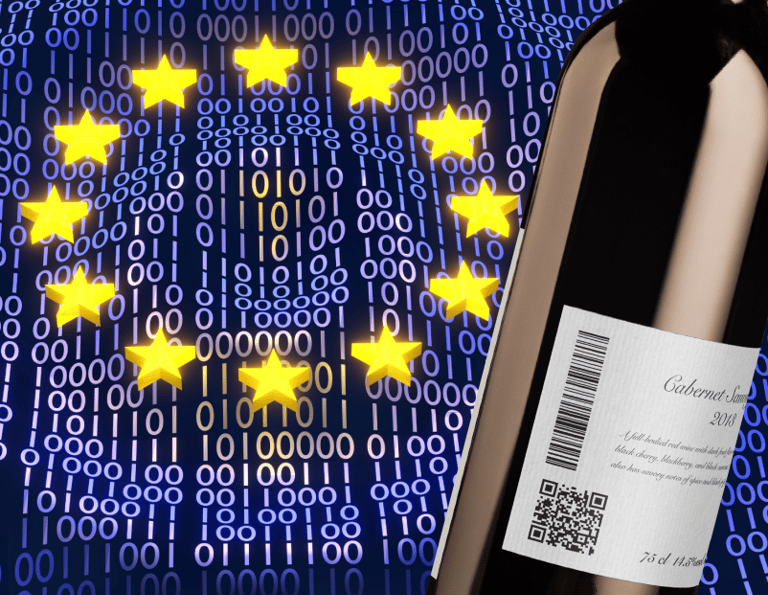
Subscribe to our newsletter
The Evolution of Wine Laws and Regulations
7/18/20242 min read


Introduction
As we conclude our exploration into the education and culture of wine, this final week focuses on the evolution of wine laws and regulations. Understanding the legal framework surrounding wine production, distribution, and sale is crucial for any investor, as these laws significantly impact market dynamics, wine authenticity, and consumer trust.
1. The Birth of Wine Laws
Historical Overview: Wine laws have ancient origins, with early legislations like the Roman Empire's restrictions on wine trade. The purpose was to protect wine quality, define regions, and control production to prevent fraud.
Appellation Systems: The modern appellation system, originating in France with the Appellation d'Origine Contrôlée (AOC) system, set the groundwork for wine regulations globally, focusing on geographic origin and winemaking practices to ensure quality and authenticity.
2. Global Wine Regulations
New World vs. Old World: While Old World wine countries (e.g., France, Italy, Spain) have strict appellation rules that often dictate grape varieties, winemaking practices, and geographical boundaries, New World countries (e.g., the USA, Australia, Chile) typically have more flexible regulations, focusing on varietal labeling and regional designations.
Labeling Laws: Understanding labeling laws is vital for consumers and investors, as labels provide essential information about the wine's origin, grape variety, alcohol content, and producer. Mislabeling can lead to legal issues and damage consumer trust.
3. Impact on Investment and Market Dynamics
Protected Designations: Wines from regions with protected designations of origin often command higher prices due to their perceived authenticity and quality.
Regulatory Changes: Shifts in wine laws and trade agreements can open up new markets or restrict access, affecting investment opportunities and market strategies.
4. Navigating Legal Landscapes for Investment Success
Due Diligence: Investors should conduct thorough research into the regulatory environment of the wine regions they are interested in, understanding how local laws might influence wine production and marketability.
Legal Expertise: Consulting with legal experts in the wine industry can provide insights into navigating complex regulatory landscapes, ensuring compliance and protecting investments.
Conclusion
The intricate tapestry of wine laws and regulations plays a pivotal role in shaping the wine industry's landscape. As investors, a deep understanding of these legal frameworks can aid in making informed decisions, safeguarding investments, and identifying potential opportunities in the evolving wine market.
As we wrap up our series on the education and culture of wine, we invite you to revisit any topics that piqued your interest or explore those you might have missed. Each week has offered valuable insights into making more informed wine investment decisions and deepening your appreciation for the cultural richness of wine. Subscribe to our newsletter to stay updated on future series and continue your journey into the fascinating world of wine.
